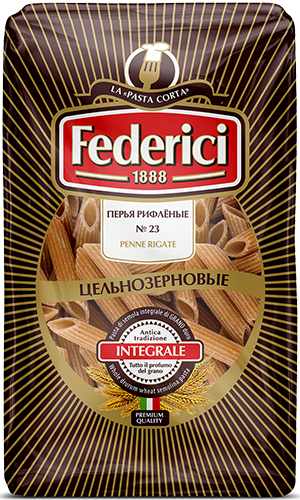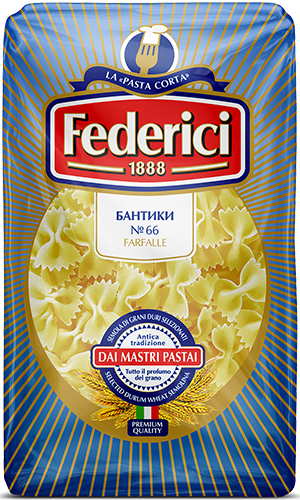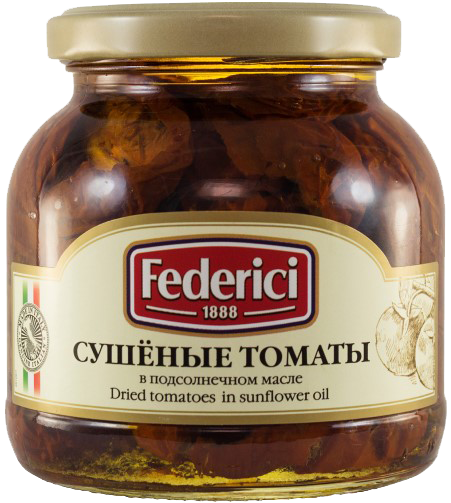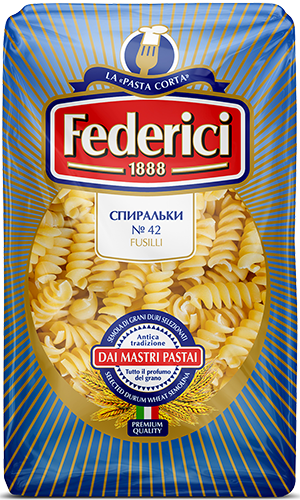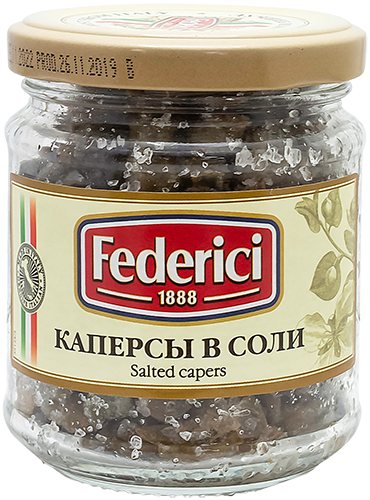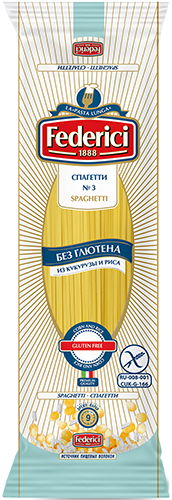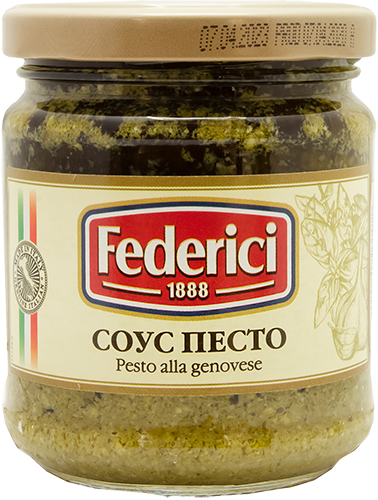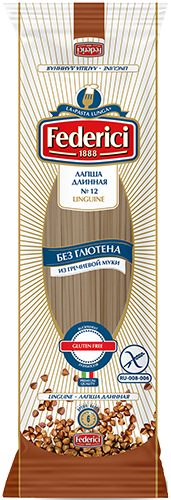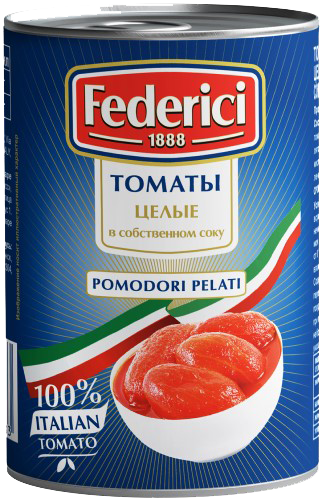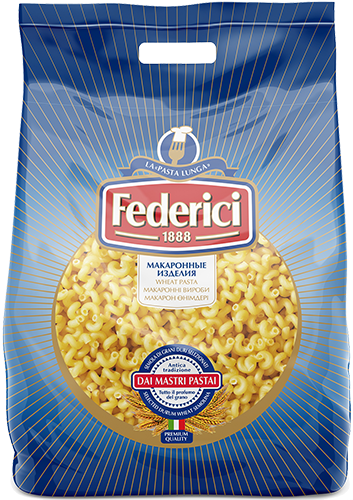


Fish is traditionally part of a healthy diet, as it is a natural and complete source of protein, fatty acids, and a wide range of vitamins and microelements. All these substances are vital for the normal functioning of human organs and systems. For those on a diet, monitoring their figure, and maintaining a healthy digestive system, dietary seafood is extremely beneficial.
What fish is considered dietary, and for whom is it beneficial?

For those who want to lose weight without harming their health, the basis for a balanced diet is eating not just healthy foods, but healthy and nutritious foods. Low-calorie fish is one such healthy food essential for a weight-loss diet. It also contains a rich complex of beneficial substances, such as proteins, amino acids, iodine, calcium, zinc, selenium, phosphorus, and a number of vitamins. Dietary fish is determined by its fat content. In principle, all lean fish can be considered low-calorie and suitable for dietary nutrition.
However, it’s better to choose fish species with a low fat content but a richer vitamin and mineral profile, which are suitable for a complete diet. It’s precisely during periods of dietary restrictions that the body desperately needs microelements and vitamins that will nourish it and enable all its organs and systems to function fully.
Lean Fish
There are three main categories of fish fat content:
- Low-fat fish – up to 4% fat, including navaga, perch, hake, carp, cod, pike perch, flounder, blue whiting, and others.
- Medium-fat fish – from 4% to 8.5% fat, including horse mackerel, lean herring, wolffish, salmon, pink salmon, tuna, carp, anchovies, and others.
- Fatty fish – more than 8.5% fat – includes mackerel, fatty herring, stellate sturgeon, halibut, sturgeon, sprat, saury, eel, catfish, and others.
Furthermore, the fat content of any fish can depend on the season or the coldness of the water. Fish with a high fat content often live in cold waters, which helps keep them warm. The highest fat content is observed in fish during the spawning season.
Why isn’t all fish suitable for dieters?

Those aiming for maximum weight loss should include lean fish in their diet. Seafood is preferable, as it contains more vitamins and beneficial microelements; incidentally, freshwater fish contains virtually no iodine. Nutritionists consider pollock, hake, and cod to be among the best lean fish in the sea. For example, cod is rich in protein (up to 25%) and has a fat content of less than 1%. It can be included in your daily menu, replacing meat with fish.
Pollock and hake are also low in fat but rich in protein and vitamins. Essentially, any low-fat variety, whether river or sea fish, an expensive delicacy, or a product easily accessible to the average consumer, is still a delicious, dietary fish that can be part of a complete and healthy diet.
Tuna: Dietary or Not?

Tuna has a very healthy and nutritious composition, making it a tasty, valuable, and popular product. Protein is the main component of tuna. Tuna also contains vitamins D and A, as well as trace elements such as iron and iodine. However, tuna is considered a medium-fat fish, which causes debate among nutritionists about the extent to which tuna can be considered a dietary product.
It’s worth noting, however, that thanks to its low fat content, tuna is rich in omega-3 fatty acids, which is why this fish is often included in various healthy and nutritious diets. Ultimately, its high nutritional value, low calorie content, and health benefits make tuna an excellent choice for those on a balanced diet.
Our products
Мы стремимся предложить Вам наилучший сервис при работе с нашим сайтом. Для этого мы собираем и храним информацию о Вашем посещении сайта. Так называемые cookies. Файлы cookies не собирают и не хранят никакую личную информацию о Вас. Используя этот сайт, Вы даете согласие на использование cookies. На данном этапе Вы можете отказаться от использования cookies, настроив необходимые параметры в своем браузере.
